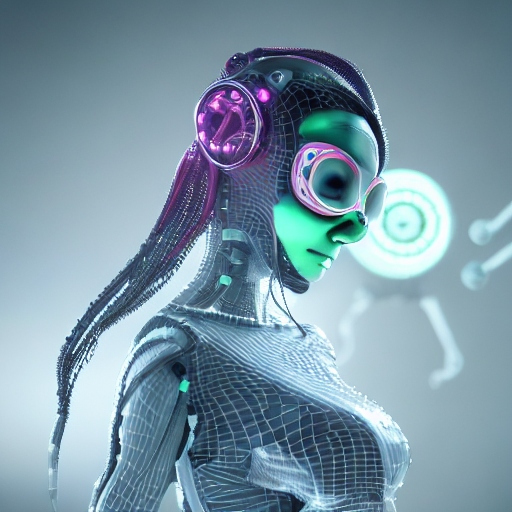
In the rapidly evolving landscape of technology, the concept of enhanced humans is no longer confined to the realms of science fiction. Advanced technology is paving the way for remarkable enhancements to human capabilities, promising a future where the boundaries of human potential are redefined.
The Rise of Human Enhancement
Human enhancement refers to the application of technology to improve physical, cognitive, and emotional capacities. This burgeoning field is driven by innovations in biotechnology, artificial intelligence, and nanotechnology. From wearable devices that monitor health metrics to neural implants that boost cognitive functions, the possibilities are vast and transformative.
Biotechnology: Redefining the Human Body
Biotechnology is at the forefront of human enhancement, offering solutions ranging from genetic modifications to regenerative medicine. CRISPR technology, for example, allows for precise editing of genetic material, potentially eradicating genetic disorders and enhancing physical attributes. Meanwhile, advancements in stem cell research and tissue engineering are paving the way for organ regeneration, offering hope for those with debilitating conditions.
AI and Cognitive Enhancement
Artificial Intelligence is revolutionizing cognitive enhancement, with AI-driven tools augmenting our mental capabilities. Brain-computer interfaces (BCIs) are enabling direct interaction between the brain and external devices, enhancing memory, focus, and even creativity. Companies like Neuralink are exploring these interfaces, aiming to bridge the gap between human intelligence and AI, creating a symbiotic relationship that enhances decision-making and problem-solving abilities.
Nanotechnology: Precision at the Microscopic Level
Nanotechnology offers unprecedented precision in enhancing human capabilities. By manipulating materials at the atomic and molecular levels, scientists are developing solutions that can repair and enhance bodily functions. Nanobots, for instance, have the potential to target and destroy cancer cells with minimal side effects, revolutionizing healthcare and extending human lifespans.
Ethical Considerations and Future Implications
While the potential of human enhancement is exhilarating, it poses significant ethical challenges. Questions about accessibility, equity, and the definition of humanity arise as we venture further into this new era. Ensuring that these advancements benefit society as a whole, rather than a privileged few, is crucial.
Moreover, the implications of enhanced humans extend beyond individual capabilities. They challenge our understanding of identity, privacy, and morality. As we embrace technological advancements, it is essential to engage in thoughtful discourse about the societal impacts and ethical boundaries.
Conclusion: Embracing the Future
The journey towards enhanced humans is both exciting and complex. As advanced technology continues to blur the lines between human and machine, it presents unparalleled opportunities to overcome limitations and improve the quality of life. By navigating the ethical landscape with care and inclusivity, we can harness these innovations to create a future where human potential knows no bounds. The era of enhanced humans is upon us—how we choose to shape it will define the legacy of our technological progress.

